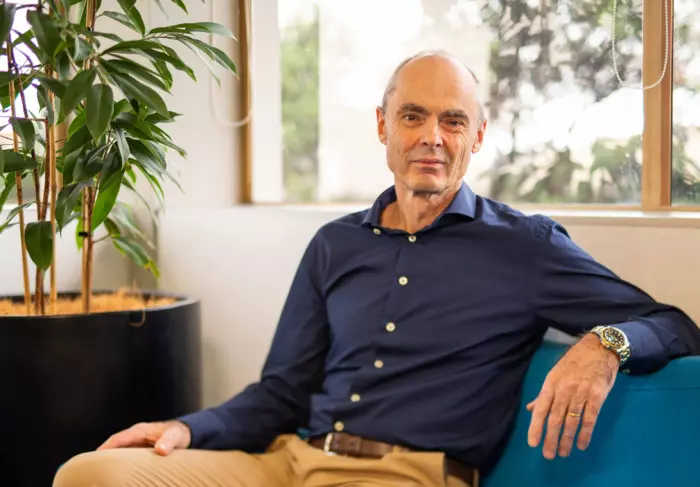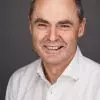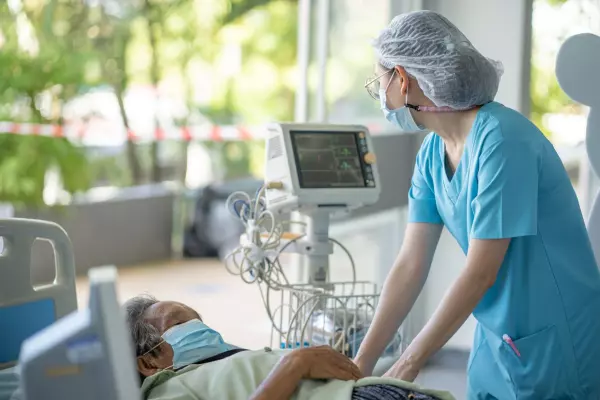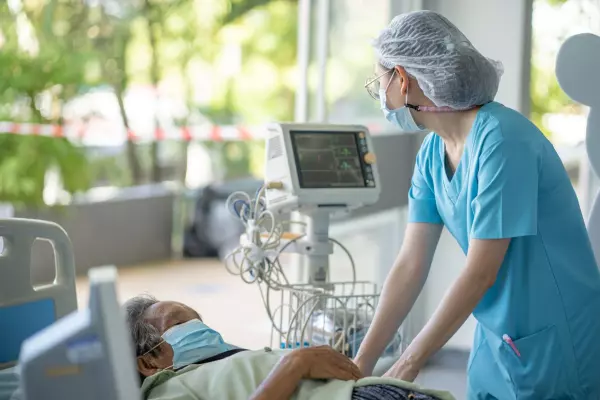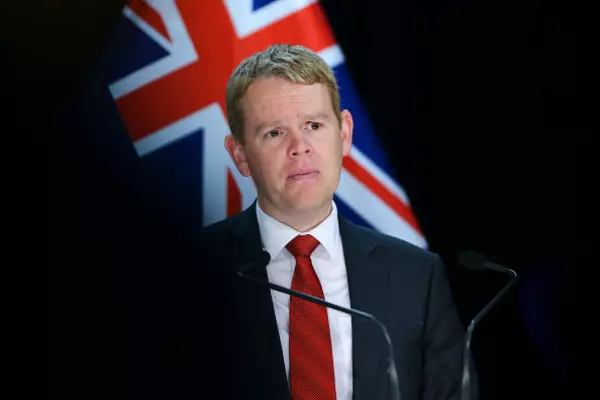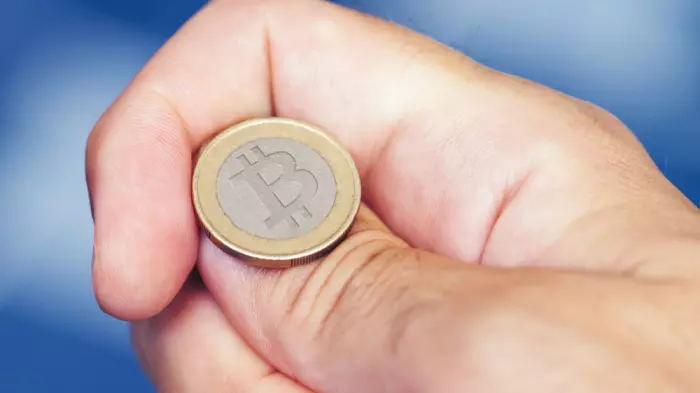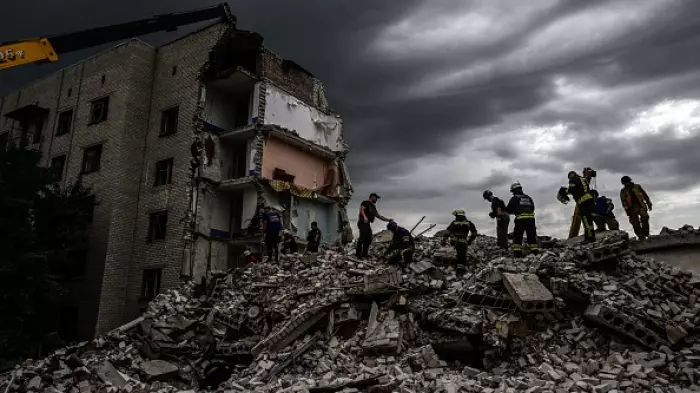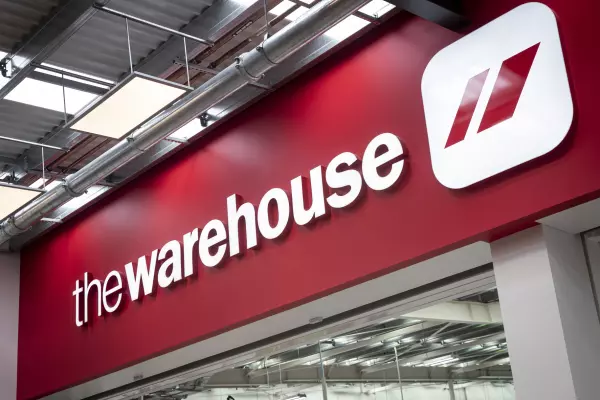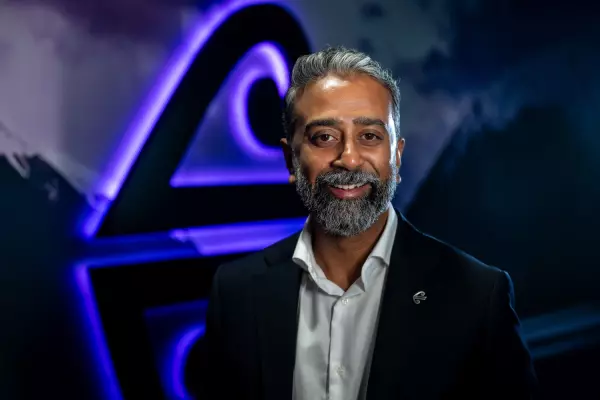Fourteen months ago, I awoke to two strangers standing over me. My immediate reaction was: “Who are you, I think you're in the wrong bedroom?”
Turns out, they were paramedics and I had suffered a grand mal seizure caused by a stage four glioblastoma multiforme (GBM) brain tumour. These are gnarly tumours, impossible to fully excise and known as ‘the terminator’ tumours because half of all patients die within 12 months and 90% in three years.
I should have realised the seriousness when the surgeon gave me the diagnosis with the body language of a family dog that had just been kicked.
For 30 years at Orion Health, I had been developing software to deliver better healthcare for others. Then overnight, I became a chronic patient myself needing all the help possible, which not everyone in New Zealand gets.
The first lucky break was that my brain surgeon did a nice job. Four hours post-surgery, I completed sudoku (hard level!) in record time and sent him a screenshot proving his fiddling with my brain hadn’t resulted in any drop in mental acuity, which was a risk.
Next, my oncologist and private insurance got me on to the standard radiotherapy and chemo regimen. No waiting or delays, which can be fatal. Unfortunately, the ‘standard regimen’ hasn't changed in 20 years and only results in an average life expectancy of 14 months.
This I modelled in a nicely formatted statistically sound but reasonably grim 'mean time to death' spreadsheet. My oncologist’s response was to suggest that I should consider getting counselling. I told him I was completely uncounsellable, which my wife could vouch for! Fortunately, we have come to know each other, and he has accepted my unusual attitude to life.
A costly cocktail of supplements and off-label drugs followed the chemo (ie drugs not being used for their original purpose). This includes statins, metformin, deworming tablets (15 per day), CBD oil, vitamins C, D and K2, and many others (typically, 40 tablets daily).
Each has some evidence of slowing tumour growth. Individually, they might add one to two months of extra life expectancy, but none were a silver bullet.
Then finally, I started a keto diet, which starves some cancers and is best described as most things that taste good, you can’t have. So, it also starves the patient. The two highlights are that I can feel good about having steak and eggs for breakfast and I am back to my 25-year-old weight.
Anyhow, the above regimen is nigh on impossible to stick to without support at home. Cooking with chemo nausea is no fun and I thank my wife and family for helping with that.
No accident
Fourteen months on, my MRI scans are consistently clear and statistically near the top of the class, I tell my oncologist.
This result is absolutely no accident or a lucky roll of the dice. It’s because private health insurance got me the best healthcare possible immediately, and time was of the essence. Delays and waiting lists are death sentences for GBM patients, and this is unfortunately the situation for many patients reliant on the public health system.
Our waiting lists are a joke. They have been gamed by successive governments to convince a sceptical public that healthcare is going in the right direction – and some people die prematurely as a result.
Or, more bluntly put, without access to private healthcare, I would very likely be one of the 50% of patients to have died or the 20% who were in palliative care by now.
Anyone who doesn’t believe we have a crisis in NZ health is outright delusional. We have a health crisis today that has the makings of a catastrophe.
Just doing a ‘Prince Harry’ and complaining about everything isn’t useful. What’s needed is honesty and realism about the healthcare challenges we face, followed by an achievable plan to quickly turn things around.
Luckily, NZ has a large diaspora of experienced health leaders who have gone through multiple rounds of mostly well-intended, but sometimes disastrous, healthcare reforms. I believe our health challenges are very solvable and it is simply a matter of learning from the lessons of the past.
I have high hopes that Dr Ayesha Verrall, our new minister of health, with 20 years of health experience, can right the ship.
Today, I feel immensely grateful to be healthy and feeling a box of birds, to use the quintessential NZ saying. My goal now is to make whatever contribution I can to improve the healthcare system for ALL New Zealanders.
Those individuals waking up with a couple of strangers in their bedroom about to take them to the hospital need and deserve the kind of care I received.


